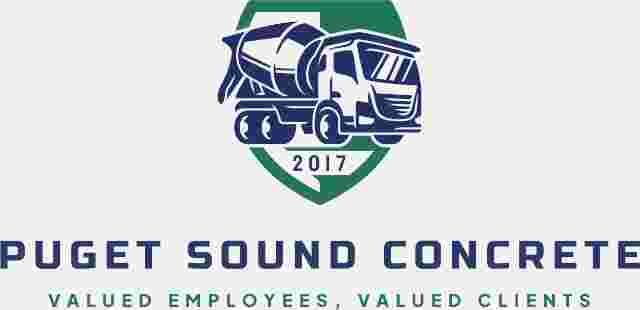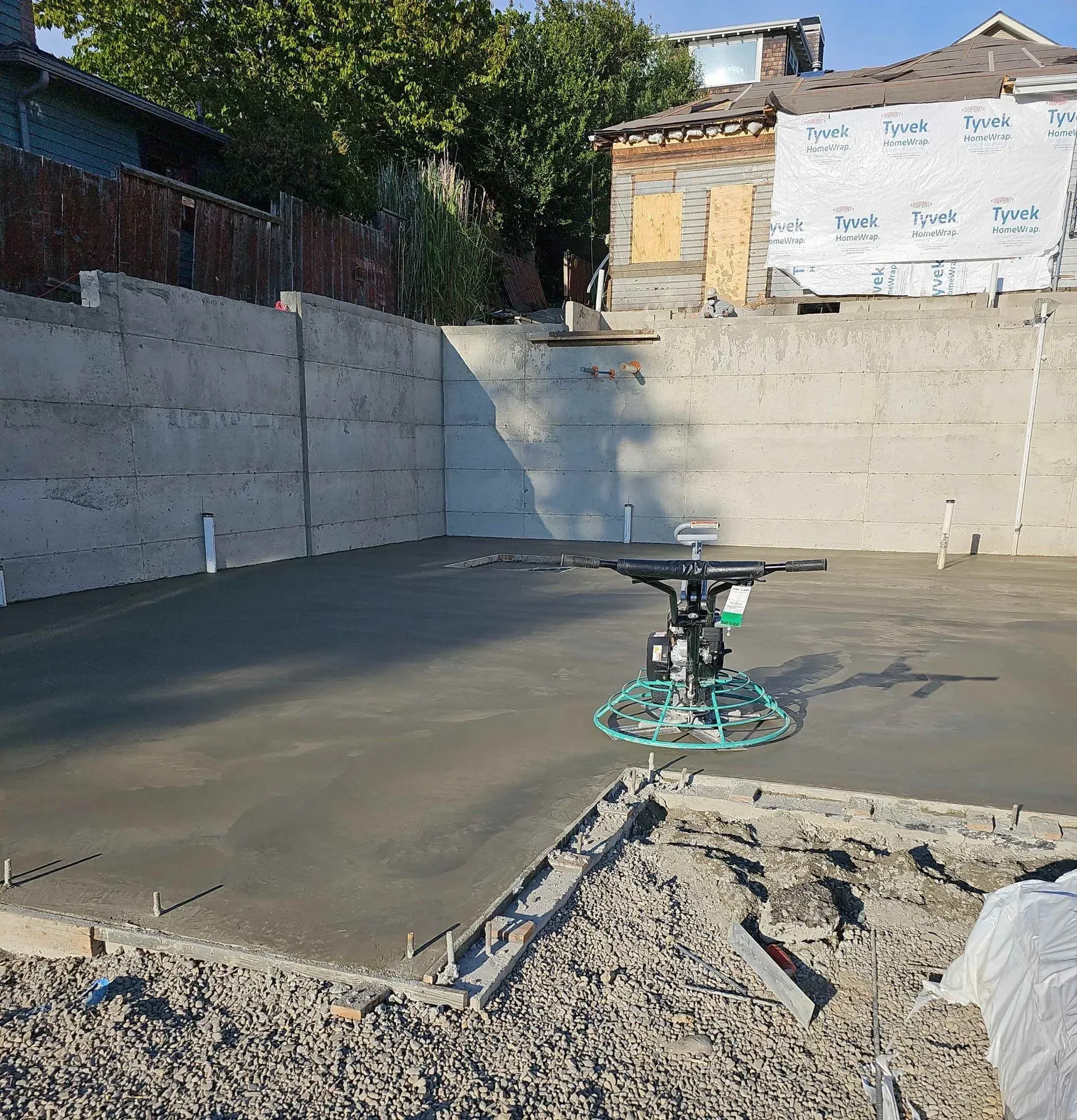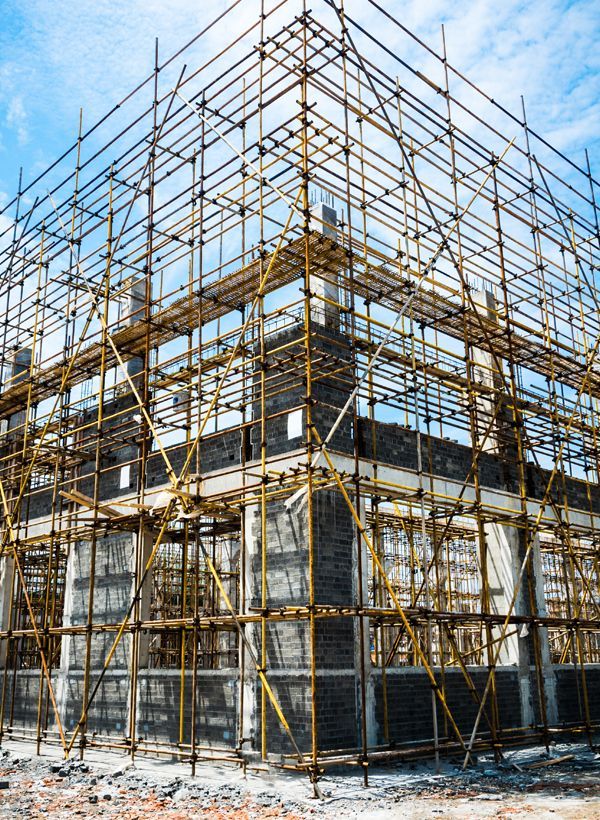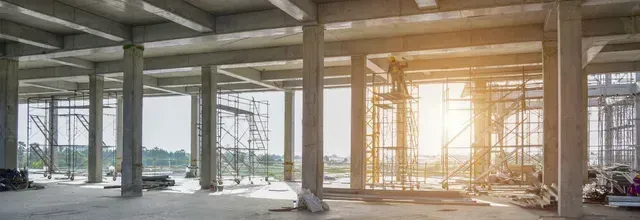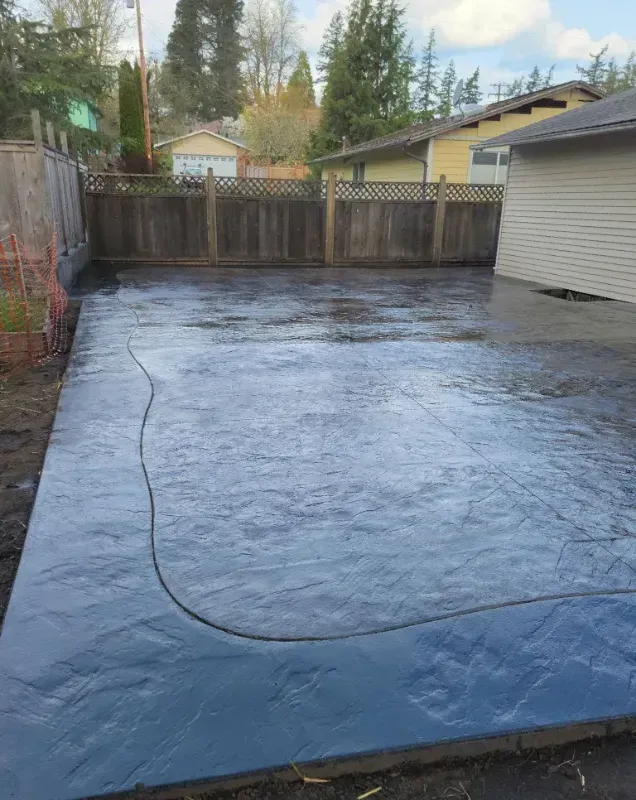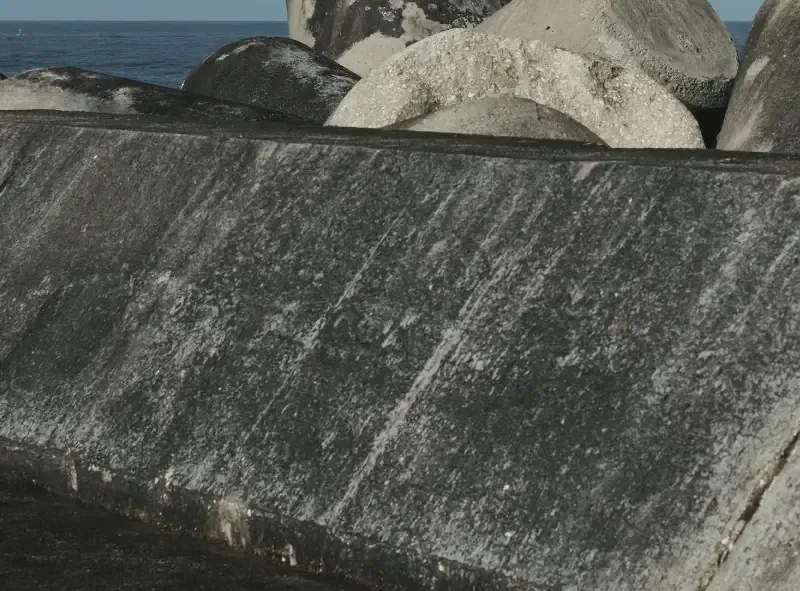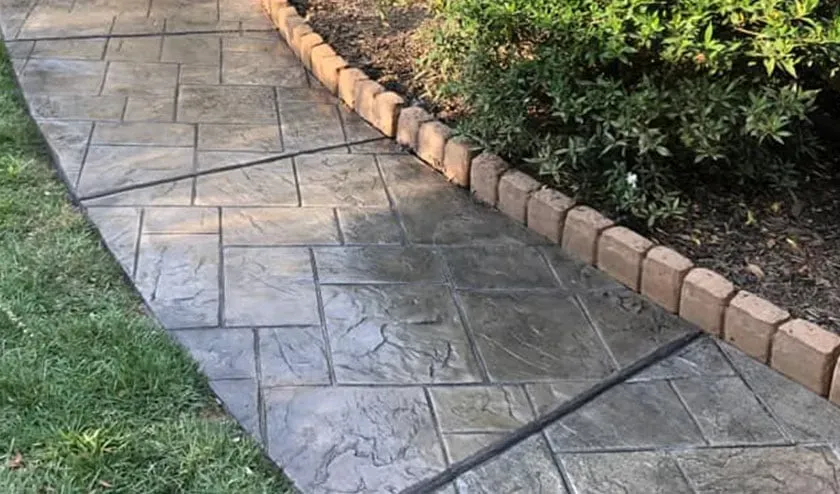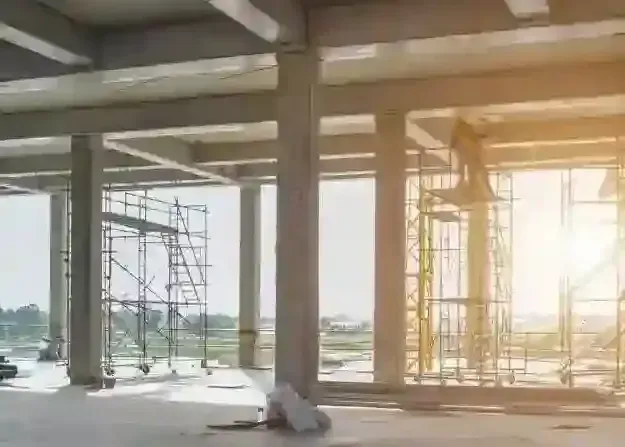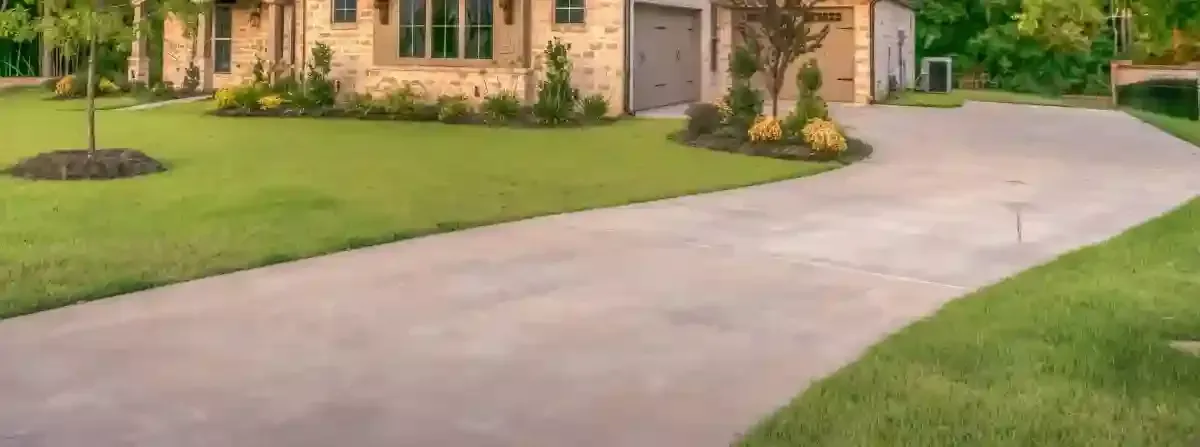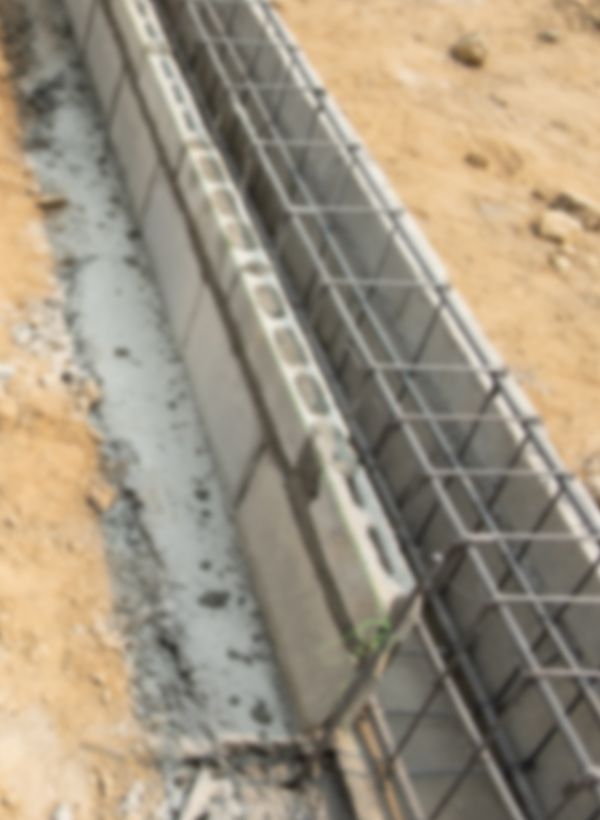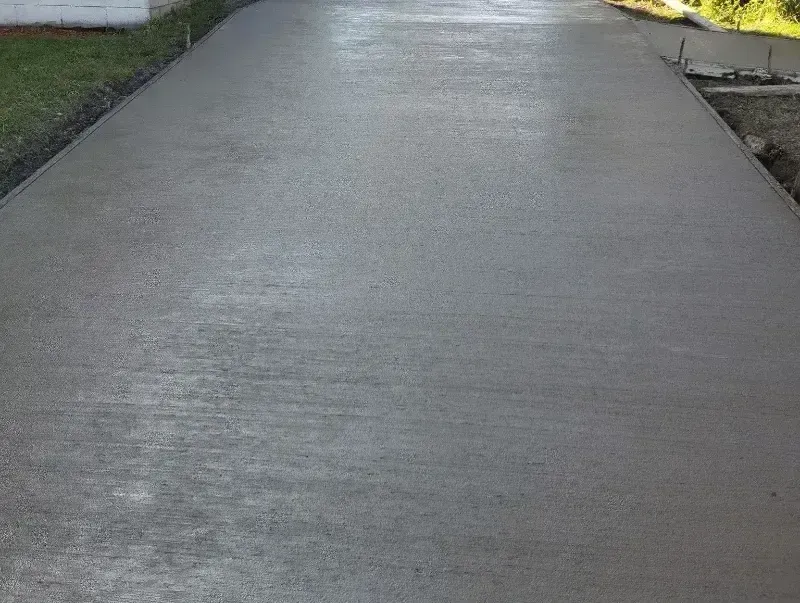1501 St. Paul St. Bellingham, WA 98229
What Makes a Concrete Driveway Last: Strength & Thickness Tips
Understanding the Importance of a Solid Base
Before any concrete is poured, it all starts with what’s underneath. Every long-lasting concrete driveway starts with a solid, well-built foundation. If the ground beneath is soft or uneven, your concrete won’t last. It might crack, sink, or shift with time—and no one wants that kind of surprise when backing out of the garage.
To do it right, the ground should be compacted and topped with a layer of gravel or crushed stone. This creates a stable, drain-friendly surface that gives your concrete the best possible chance at a long life.
Think of it like building a house—you wouldn’t start without a strong foundation. A well-prepared sub-base prevents future settling and keeps your concrete driveway level for years.
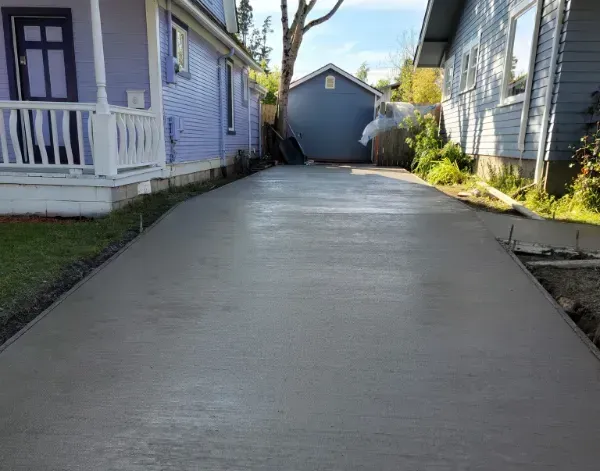
Choosing the Right Concrete Mix for Driveways
Not all concrete is created equal. A concrete driveway takes a beating from cars, weather, and time. That’s why the mix used matters—a lot. A great concrete mix for driveways usually includes a higher cement content and strong aggregate (the gravel and sand) for added durability.
Look for mixes rated at 4,000 PSI or higher for residential concrete driveways. This ensures it can handle everyday use without crumbling or cracking too soon. It’s like picking the right engine for your car—if you want performance, you need the right blend. Choosing the right mix also helps with surface consistency and makes it easier to apply finishing touches that look good and last.
The Ideal Thickness for a Long-Lasting Driveway
When it comes to building a concrete driveway that holds up, thickness is everything. Most residential driveways do best with a minimum of 4 inches. If you’re planning to park heavier vehicles, bump that up to 5 or even 6 inches in high-use spots.
Too thin, and the concrete will crack under pressure. It might look fine at first, but time and weight will take their toll. A thicker slab means a stronger concrete driveway—and fewer headaches down the road. Thicker concrete also helps with freeze-thaw durability, especially in colder climates, reducing the chance of surface scaling or flaking.
Why Reinforcement Matters: Rebar and Wire Mesh
Concrete is strong, but it’s not invincible. That’s where reinforcement comes in. Rebar (short for reinforcing bar) and wire mesh are like the skeleton inside your concrete—they help it hold together when life throws weight and weather at it.
Rebar is often used in concrete driveways that need extra strength, while wire mesh is a great option for standard residential pours. Both help reduce cracking, keep things solid, and add years to the life of your driveway. Reinforcement also helps concrete resist shifting from soil movement or tree roots that may grow underneath.
Proper Pouring Techniques for an Even Surface
A good pour is part art, part science. Pouring concrete the right way means doing it evenly, with the proper tools, and in the right weather. Pouring on a super hot or rainy day? That can mess things up fast.
The goal is a smooth, level surface that drains water away and doesn’t pool. Contractors often use screeds and floats to level the surface before finishing. Done right, a proper pour sets the stage for everything else—from texture to durability. Don’t forget edge finishing—it adds strength and sharpens the look of your concrete driveway.
The Role of Finishing in Durability and Appearance
Finishing isn’t just about looks—it’s also about how your concrete driveway performs. A broom finish gives you traction so you’re not slipping on a rainy day. A trowel finish is smooth and sleek, but it can get slippery when wet. You can even get creative with stamped or decorative finishes for added flair.
Whatever finish you choose, make sure it fits how you’ll use the driveway. Function and style can absolutely go hand in hand when it comes to concrete. And remember—the finish is the first thing people see, so make it count. A good finish not only makes the concrete easier to clean but also improves its resistance to the elements.
How Proper Curing Strengthens Your Concrete Driveway
Most folks don’t think about curing, but it’s the secret sauce to long-lasting concrete. Curing is the process of letting the concrete gain strength by keeping it moist for several days after the pour.
This isn’t just about drying—it’s about growing stronger. Covering the concrete driveway with plastic or using a curing compound helps lock in moisture and prevent cracks. If you rush this step, your concrete might weaken early. Be patient. Letting concrete cure the right way helps your driveway stay strong for decades. It also helps prevent surface discoloration and improves the bond between the top layer and the base.
Protecting Against Cracks with Control Joints
Concrete naturally wants to crack, but that doesn’t mean you can’t manage it. That’s what control joints are for. These are shallow cuts made in the concrete that guide where it cracks—so it doesn’t crack wherever it wants to.
Control joints should be placed in a grid-like pattern across the driveway, spaced about every 8–10 feet. They reduce pressure and prevent random cracks as temperatures rise and fall. It’s a simple step that makes a huge difference in keeping your concrete driveway looking sharp. These joints also help avoid costly repairs by keeping cracks predictable and contained.
Simple Maintenance Tips to Make Your Driveway Last Longer
Just like your car, your concrete driveway needs a little TLC to stay in shape. A little upkeep—like yearly cleaning, sealing, and keeping water away—makes a big difference.
Here’s a simple checklist:
- Apply a fresh sealant every 2 to 3 years to block out moisture and stains.
- Avoid using salt in the winter, which can erode the surface
- Fill small cracks early before they grow into larger ones
- Keep gutters and downspouts from draining onto the concrete
These little habits can stretch the life of your concrete and keep it looking fresh. Also, avoid parking heavy vehicles in the same spot for long periods—it helps prevent pressure points that can lead to wear.
Knowing When to Hire a Professional for Concrete Driveway Work
Signs like major cracks, uneven spots, or water collecting are clear clues it’s time to call in an expert. A skilled contractor can spot issues early and suggest the best fix—before things get worse. Trying to patch or repour on your own can sometimes lead to more problems if it’s not done correctly.
If you’re in the
Bellingham, WA area and want a concrete driveway that lasts, we’re here to help. At
Puget Sound Concrete, we specialize in concrete driveways that are built to stand the test of time. Give us a call at
360-927-1860 and let’s talk about creating something solid, smooth, and built just right for your home. Whether you need a fresh pour or repairs on an old slab, we’ve got the experience and care to get it done right.
